Online tool keeps families connected during lockdown
Social isolation and loneliness have affected many people during the Covid-19 pandemic, especially those with limited access to digital technology.
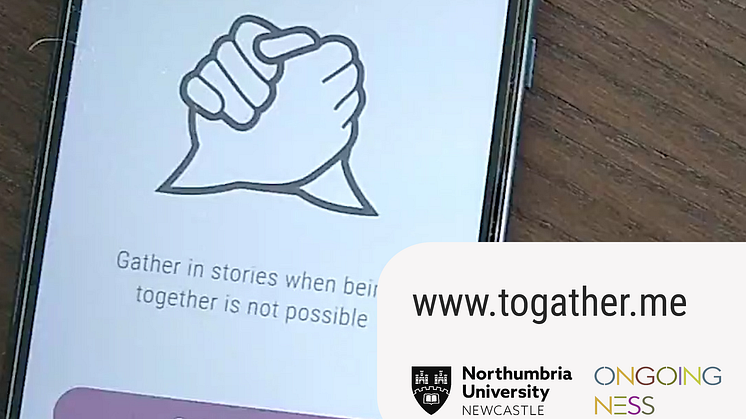
Social isolation and loneliness have affected many people during the Covid-19 pandemic, especially those with limited access to digital technology.

Family justice experts from Northumbria University are calling for changes to the support given by government to victims of gender-based violence, especially during the Covid-19 pandemic.

Experts from across academia and the voluntary sector are to carry out a major research project into the role of voluntary action in the Covid-19 pandemic – exploring the challenges, what worked well and making recommendations to inform planning for future crises.
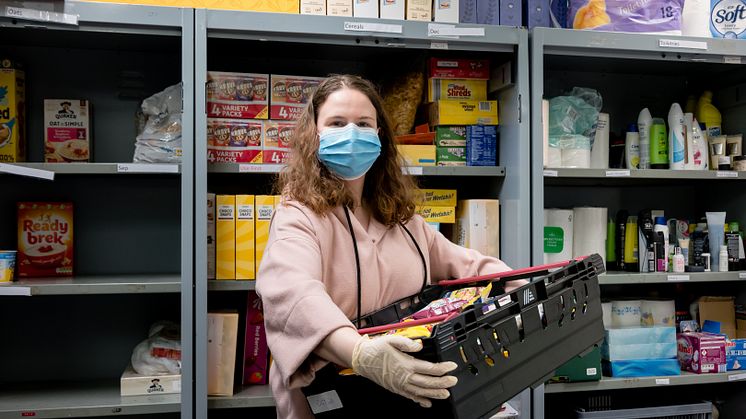
Northumbria University and Tyne & Wear Archives & Museums (TWAM) have joined forces to show health and social care professionals how TWAM’s museum resources and collections can support quality of life improvements for older people.

Academics at Northumbria University, Newcastle, have secured Government funding worth almost £1.2 million to conduct research in support of the UK’s response to Covid-19.
The funding is part of the UK Research and Innovation (UKRI) covid-19 rapid response funding, and is for three projects to be delivered over the next 18 months, with Northumbria as a consortium lead. Northumbria has also been

Ahead of World Menopause Day on Sunday 18 October, Katy Shaw, Professor of Contemporary Writings at Northumbria University, discusses the important role popular culture is playing in changing perceptions of the menopause.
A Northumbria University historian has been awarded £1.2m to research the role immigration played in developing new technologies around the eve of the Industrial Revolution.

The ability of gender-based violence victims to access support services during the Covid-19 lockdown has not been accurately portrayed in the media, with potentially damaging consequences, according to new research.
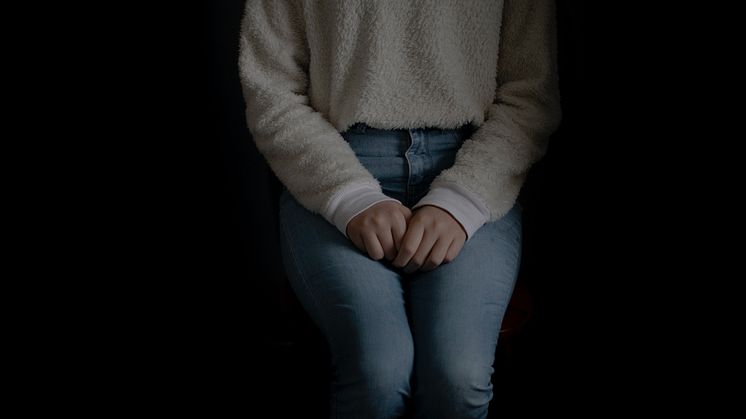
The experiences of volunteers from the international Red Cross and Red Crescent movement working through the Covid-19 pandemic have been mapped by a team including academics from Northumbria University.
The ‘Mapping COVID volunteers’ experience and insights’ project gives a unique understanding of the response to Coronavirus by volunteers in different countries and the way the pandemic has impa
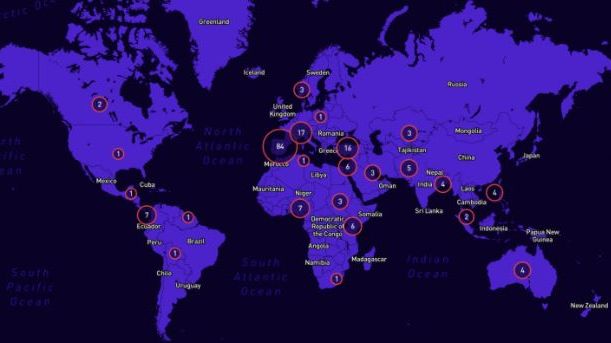
The way in which Black British history and the US civil rights movement are taught in UK schools needs to be updated to include more emphasis on Britain’s racial minorities and imperial past, according to new research.

The UK’s oldest national tri-service charity, in partnership with Northumbria University has announced the launch of a programme of research into financial hardship and food poverty within the Armed Forces Community.

A Northumbria University PhD graduate has made history by becoming the first disabled female Traveller to earn a place on the Irish Human Rights and Equality Commission (IHREC)
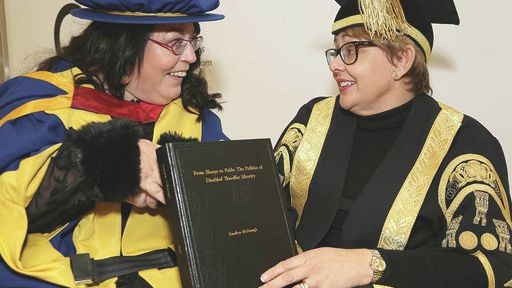
Selfless students have been recognised by the city’s universities for going above and beyond to support their neighbours during lockdown.

Professor Kate Maclean of Northumbria University’s Centre for International Development, discusses the success of women leaders in handling COVID 19.
One in four adults in the UK are experiencing food insecurity, which is likely to have left them susceptible to hunger and potential malnutrition, during the COVID-19 pandemic. That is the main finding of a survey published today by Feeding Britain and Northumbria University’s Healthy Living Lab.
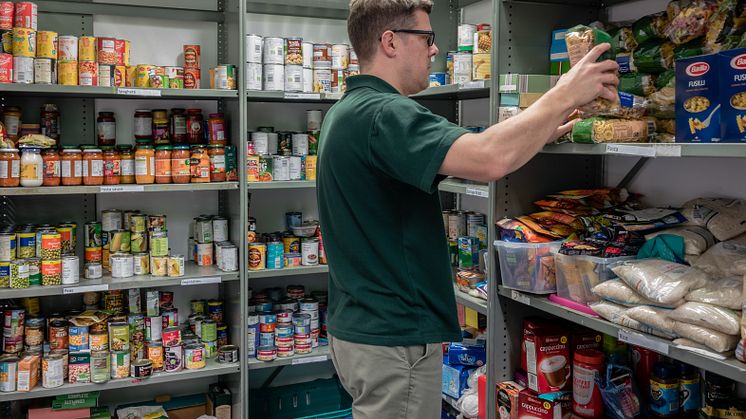
Four out of ten university students have reported they are worried that they will run out of food as they deal with the impact of the coronavirus pandemic, according to a new report. The findings have been submitted to the UK Education Select Committee inquiry into the impact of COVID-19 on education and children’s services.

In a study conducted by Northumbria University around half of the children who received free school meal vouchers are reporting a significant drop in their intake of fruit and vegetables since schools closed due to COVID-19 in March, yet many reported a large increase in consumption of sugary drinks and snacks.
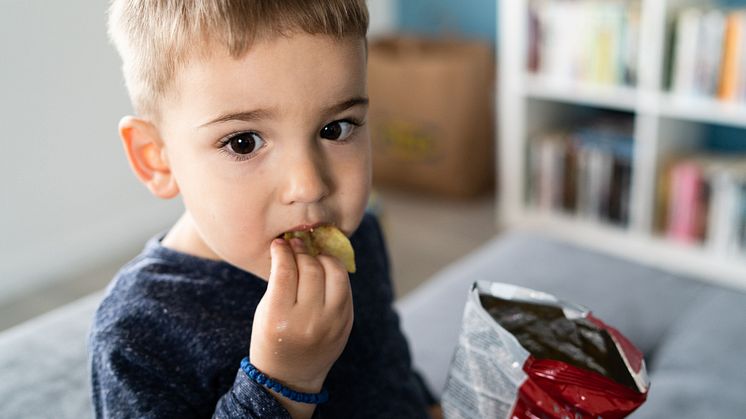
Since the beginning of the COVID-19 pandemic, our homes have been serving as makeshift workplaces, schools and gyms. Dr Tara Hipwood, lecturer in architecture at Northumbria University, suggests that changes in commuting or work habits will prompt a fundamental shift in what people perceive as priority features in the home, with outdoor space and a home office high up the list.
The ongoing situation and school closures as result of Covid-19 have a number of different implications for the education sector. Dr Emily Mann and Dr Jackie Shinwell of Northumbria University’s Healthy Living Lab explored the impact of the coronavirus crisis in terms of learning loss in this blog for Schools North East.
Forces in Mind Trust (FiMT) has awarded £100,000 to Northumbria University to examine the prevalence of social isolation and loneliness among UK war widows.
